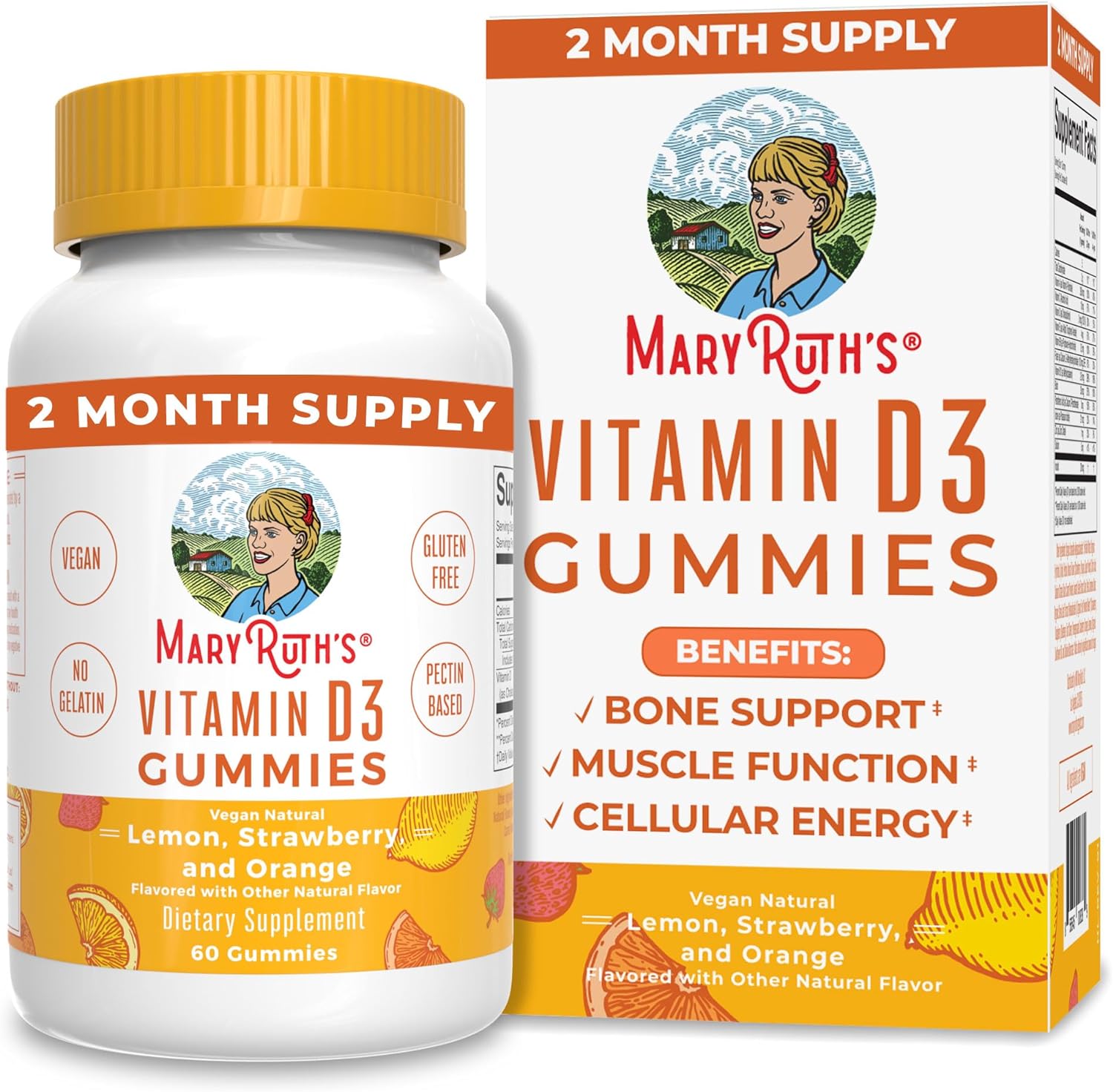When it comes to maintaining our health, vitamins play a crucial role. One such essential vitamin is Vitamin D, which is responsible for various functions in our body, including bone health, immune system support, and the absorption of calcium. However, you might have come across the terms “Vitamin D” and “Vitamin D3” and wondered about the difference between the two.
What is Vitamin D?
Vitamin D is a fat-soluble vitamin that is naturally present in some foods and can also be obtained through sunlight exposure. It exists in two forms: Vitamin D2 (ergocalciferol) and Vitamin D3 (cholecalciferol).
What is Vitamin D3?
Vitamin D3, also known as cholecalciferol, is the form of Vitamin D that is synthesized in our skin when it is exposed to sunlight. It is also found in some animal-based foods, such as fatty fish, egg yolks, and liver. Vitamin D3 is considered the more active and potent form of Vitamin D.

Which one should you consume?
Both Vitamin D2 and Vitamin D3 can be beneficial for our health, but studies suggest that Vitamin D3 may have a more significant impact on raising blood levels of Vitamin D. This is because Vitamin D3 is more easily converted into its active form in the body.
If you are looking to supplement your Vitamin D intake, it is generally recommended to choose Vitamin D3 supplements. These supplements are widely available and are often derived from animal sources, such as sheep’s wool or fish oil. However, if you follow a vegan or vegetarian lifestyle, there are also plant-based Vitamin D3 options available.
How to choose the right supplement?
When selecting a Vitamin D or Vitamin D3 supplement, there are a few factors to consider:

Quality: Look for reputable brands that adhere to quality standards and have undergone third-party testing for purity and potency.
Dosage: Check the dosage of the supplement and ensure it aligns with your specific needs. It is always advisable to consult with a healthcare professional to determine the appropriate dosage for you.
Form: Vitamin D3 supplements are available in various forms, including capsules, tablets, and liquid drops. Choose a form that is convenient and easy for you to incorporate into your routine.
Additional Ingredients: Some supplements may contain additional ingredients, such as calcium or magnesium, which can enhance the absorption and effectiveness of Vitamin D.
Remember, it is crucial to follow the recommended dosage and consult with a healthcare professional before starting any new supplement regimen. They can assess your individual needs and guide you in making the right choice.
The importance of sunlight exposure
While Vitamin D supplements can be beneficial, it is important not to overlook the role of sunlight exposure in maintaining adequate Vitamin D levels. Our bodies are designed to produce Vitamin D when our skin is exposed to sunlight, specifically ultraviolet B (UVB) rays. Spending some time outdoors, especially during the sunnier months, can help boost your Vitamin D levels naturally.
However, it is important to strike a balance and protect your skin from excessive sun exposure. Remember to wear sunscreen, seek shade during peak hours, and cover up with appropriate clothing to avoid sunburn and reduce the risk of skin damage.
In conclusion
Vitamin D and Vitamin D3 are both essential for our overall health and well-being. While Vitamin D can be obtained from various sources, including sunlight and certain foods, Vitamin D3 is considered the more active form. When choosing a supplement, opt for Vitamin D3, considering factors such as quality, dosage, form, and additional ingredients. However, it is important to remember that sunlight exposure remains a valuable source of Vitamin D, so make sure to strike a balance between supplementation and spending time outdoors.
As always, consult with a healthcare professional for personalized advice and recommendations regarding your specific needs.


